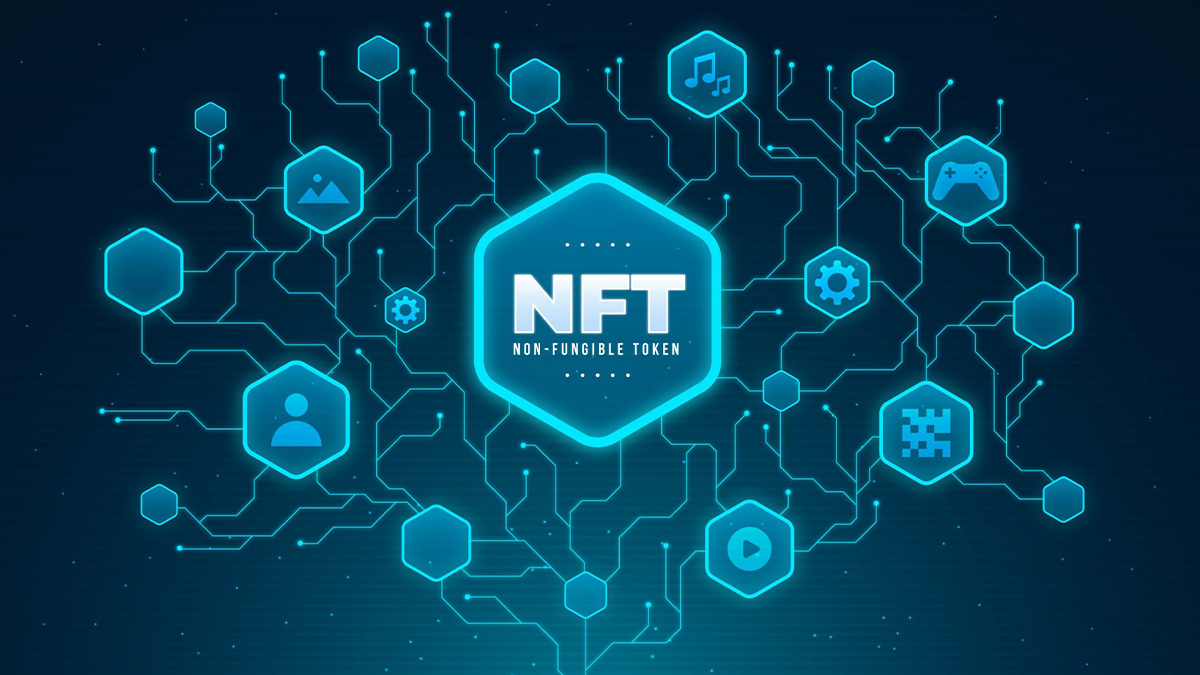What is Blockchain technology and how does it work
Blockchain is a type of distributed ledger technology (DLT) that forms the basis of digital currencies like Bitcoin. A Blockchain is a decentralized database that stores transaction records, or “blocks,” in a linear, chronological order.
These blocks are linked together using cryptographic algorithms, creating an immutable chain. Each time a new block is added to the chain, it is verified and authenticated by all the nodes on the network.
This consensus mechanism ensures that all the transactions on the network are valid and that the data cannot be tampered with. As a result, Blockchain technology offers a high degree of security and transparency.
The benefits of using Blockchain for your business
If you run a business, it’s important to stay up-to-date on the latest technology trends. Blockchain is one of the most talked-about technologies in recent years, and it has the potential to revolutionize the way businesses operate. Here are five benefits of using Blockchain for your business:
- Increased security
Blockchain technology can help your business with increased security in a few ways. First, Blockchain creates a tamper-proof ledger of transactions that is stored across a distributed network of computers. This means that there is no one central location where hackers can target in order to gain access to sensitive data or information.
Secondly, because Blockchain is based on cryptography, it is incredibly difficult to hack into individual user accounts or alter records without being detected. This makes it a secure option for businesses that handle sensitive data or financial information.
Summary: Blockchain uses cryptography to secure data, making it virtually impossible for hackers to tamper with or steal information.
- Enhanced transparency
Blockchain is a distributed database that allows for secure, transparent, and tamper-proof transactions. Each transaction is encrypted and linked to the previous one, forming a chain.
This chain is then verified by all parties involved in the transaction, ensuring that the data is correct and has not been altered. Thus, eliminating the need for intermediaries and reducing the risk of fraudulent activity.
Furthermore, because the Blockchain is immutable, records cannot be altered or deleted without consent from all stakeholders, providing an extra layer of security.
Though Blockchain is often used in cryptocurrency transactions, it has many other potential applications as well. For example, it could be used to track the provenance of food or pharmaceuticals or to streamline the bill of lading process for international shipments.
In each case, Blockchain provides a secure and transparent way to track data and ensure that all parties involved can trust the information.
Summary: Blockchain creates a permanent record of transactions, which can help businesses track data and improve transparency.
- Reduced costs
One of the most notable advantages of Blockchain technology is its ability to reduce costs. For example, by eliminating the need for intermediaries.
Traditional methods of conducting transactions often involve third parties, such as banks or brokers. These intermediaries add to the overall cost of a transaction by charging fees for their services.
With Blockchain, however, transactions can be conducted directly between two parties without the need for a middleman. This not only reduces the cost of a transaction, but it also makes it more efficient.
Additionally, Blockchain can help reduce the costs of compliance and KYC (know your customer) processes. By making information accessible to all parties involved in a transaction, it can help streamline these processes and make them more efficient.
As a result, this technology definitely has the potential to significantly reduce the costs of doing business. And save businesses and organizations billions of dollars each year in lost revenue.
Summary: Because Blockchain eliminates the need for third-party intermediaries, it can help businesses save money on transaction fees.
Use cases of businesses that have benefited from using Blockchain
In recent years, Blockchain has emerged as a transformative force in the business world. Being a distributed ledger technology that offers a tamper-proof and transparent way to track transactions and store data. This has made it particularly attractive to businesses in industries such as finance, healthcare, and supply chain management.
Here are three use cases of businesses that have benefited from using Blockchain:
- Fintech startup Ripple used Blockchain to develop a payments platform that is faster, cheaper, and more efficient than traditional banking systems.
- Healthcare provider PAX used Blockchain to develop a secure and efficient system for managing patient health records.
- Supply chain management firm VeChain used Blockchain to develop a tracking system that helps businesses keep track of their products throughout the supply chain.
Each of these businesses was able to use Blockchain to streamline their operations and improve their bottom line. As more businesses begin to adopt this groundbreaking technology, it is clear that Blockchain is here to stay.
How to get started with Blockchain technology
If you are looking to get started with Blockchain technology, here are a few ways you can consider moving forward:
- Get involved in a Blockchain community or forum. This is a great way to learn more about the technology and to connect with other people who are interested in it.
- Attend a Blockchain event or conference. There are many events and conferences focused on Blockchain technology. And attending these events and conferences will provide you with another great way to learn more about it and meet people who share your interests.
- Read articles and whitepapers about Blockchain technology. This will give you an in-depth look at what the technology is and how it works.
- Try out building a Blockchain application or platform. There are many experienced companies like PureLogics whom you can partner with to create a solution and embrace this technology firsthand.


 [tta_listen_btn]
[tta_listen_btn]
 October 11 2022
October 11 2022






